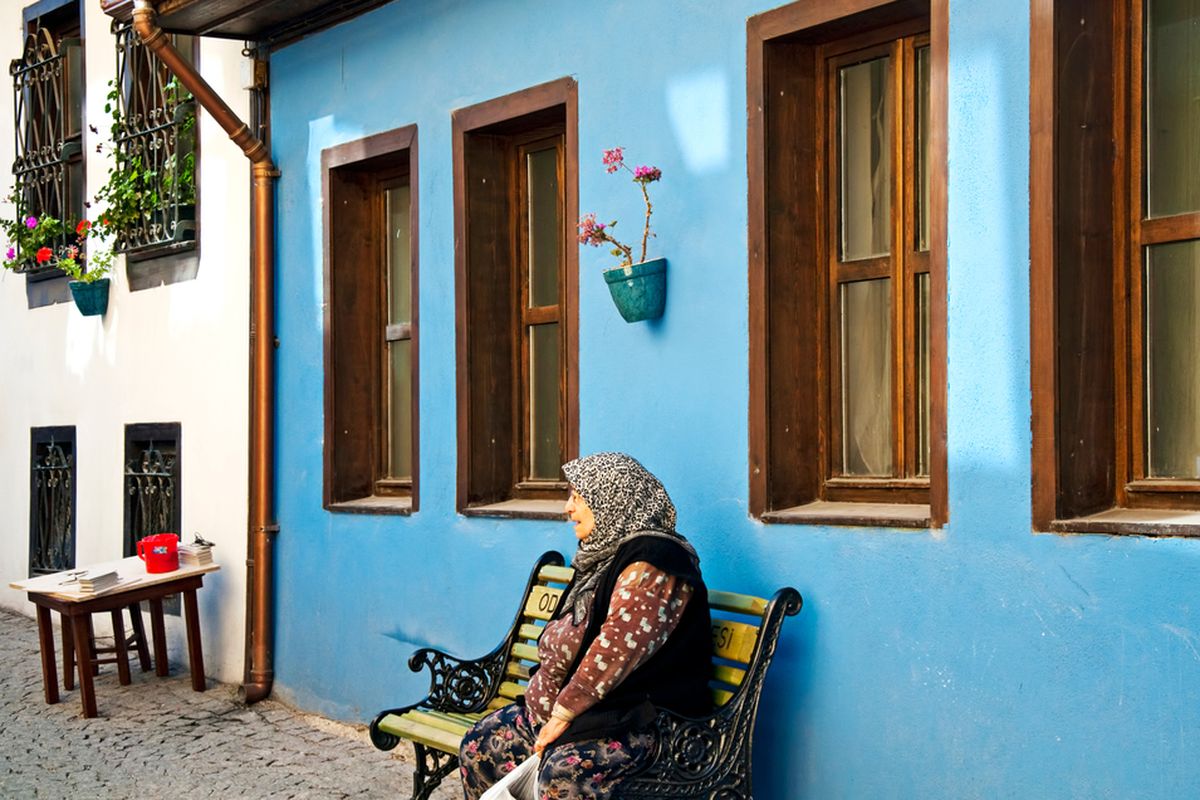Coronavirus Pandemic Effects Trigger Fear and Poverty in Turkey

Unsustainable
Erdogan said on Monday the economy would emerge stronger from the pandemic even though its effects linger, adding that the government's 100 billion lira ($13 billion) aid program helped lower-income households.
Representatives of the presidency and the finance ministry, which administers the aid, did not immediately respond to questions about rising poverty.
The aid scheme partially covers the wages of many registered workers and funded some 2 million needy households.
Big cities run by the main opposition party chipped in other funds and food supplies.
But Turkey's mix of low-skilled labor in which a third of workers informally earn cash daily, a private sector dominated by small businesses and public finances already strained from a 2018-2019 recession leaves the country uniquely vulnerable.
Reserves at the central bank, which backstopped much of the pandemic response, have fallen sharply and accelerated a plunge in the Turkish lira to all-time lows.
That in turn raises prices for basic imported goods.
By law, Erdogan can extend the ban on layoffs beyond November to mid-2021 to shield workers, but at a fiscal cost.
Read also: Finance Minister Expects Indonesian Economy to Grow 0.5 percent in Q3
"These are not sustainable policies," said Guncavdi, an economist at Istanbul Technical University who co-authored the study predicting a jump in poverty.
"When they are removed, there is potential for upheaval with mass layoffs, a spike in destitution, family structures being tested and potential demonizing of minorities and refugees."
Turkey's 3.6 million Syrian refugees faced backlash in past downturns, and those left unemployed this year had little safety net.
Retired florist Kemal Erdogan, 76, said this week he supports AKP but added that with the poor now getting poorer it was clear Turkey welcomed too many foreigners who are "living better lives than you and I".
Lockdown anxieties


































